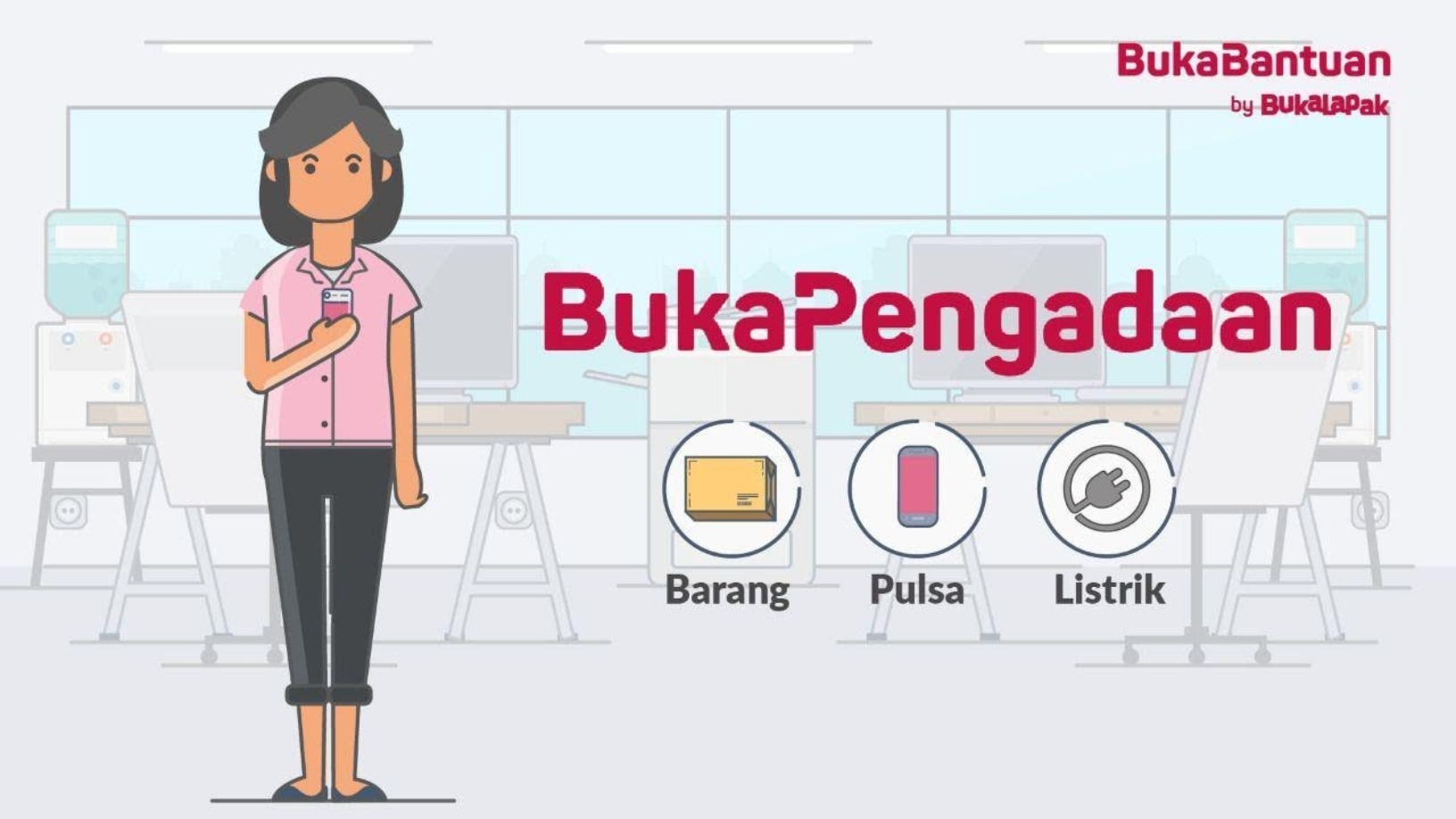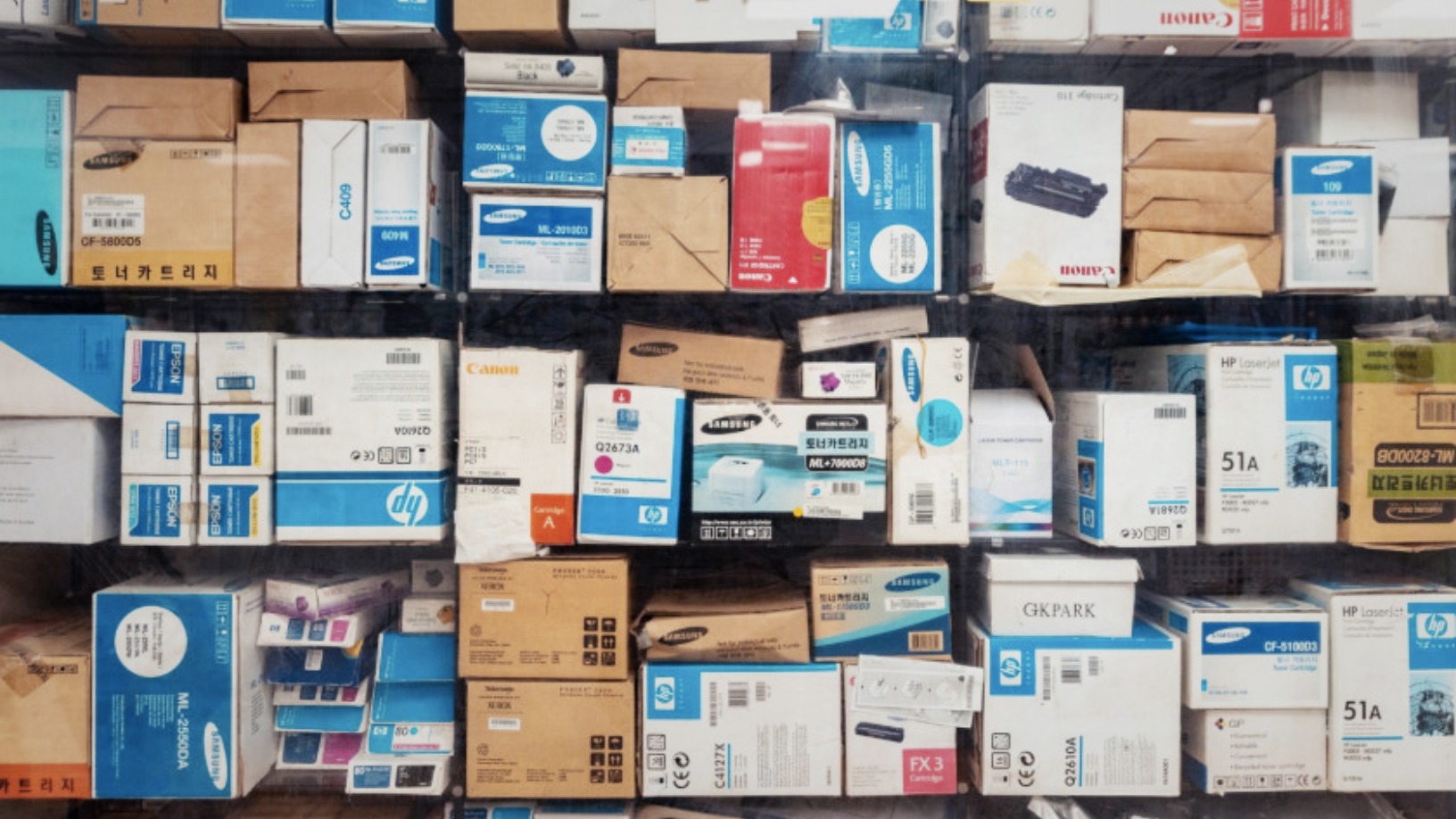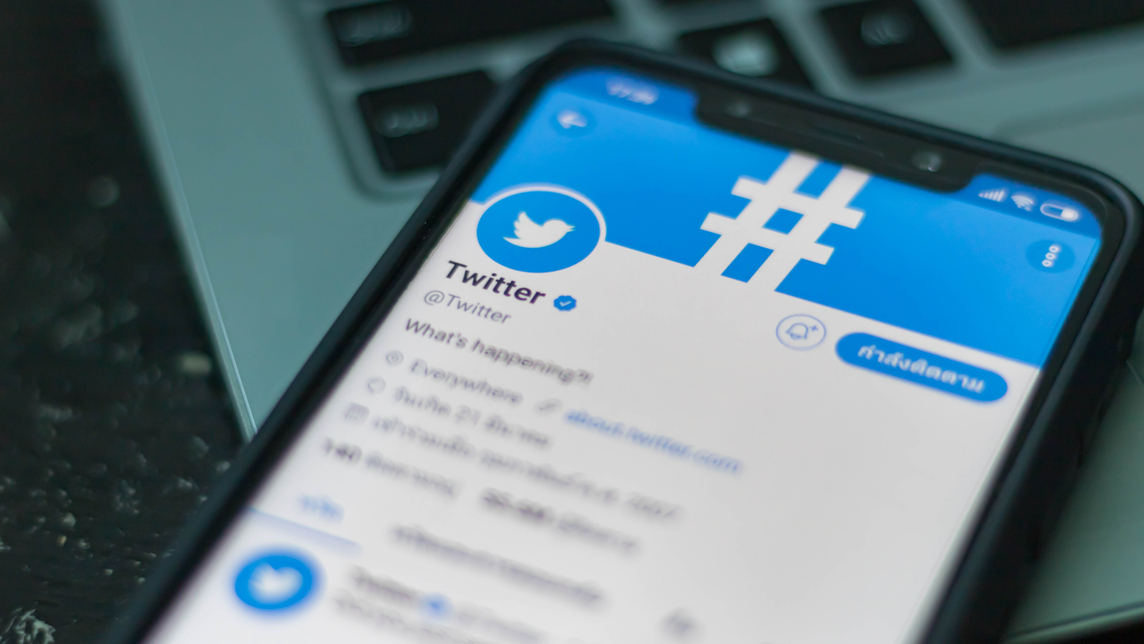Bukalapak is better known as one of Indonesia’s e-commerce unicorns, competing with fellow unicorn Tokopedia and regional players such as Shopee and Lazada in the C2C and B2C spaces. However, the startup has also dipped its toe into the B2B market. BukaPengadaan ("open procurement") was established in 2016 to provide a complete e-procurement solution, from vendor searching to payment and record-keeping.
In developing BukaPengadaan, Bukalapak taps into its massive list of vendors to provide a wide variety of options for clients. With access to more major clients, these vendors can handle millions of rupiahs in orders, with each client posting an average of IDR 150m per purchase order. For Bukalapak, this is part of its mission to accelerate the growth of Indonesia’s MSMEs.
CompassList learned more about the establishment of BukaPengadaan via an online interview with director Hita Supranjaya and Head of Marketing Strategy and Operations Andry Jachja. The two shared the ideas that shaped BukaPengadaan into a service trusted by 1,500 client entities, as well as its focus on improving vendor quality. Supranjaya and Jachja also revealed BukaPengadaan’s foray into B2G work.
This interview has been edited for length and clarity.
When BukaPengadaan began, was there a specific market opportunity that was being pursued?
Supranjaya: In Indonesia, there are 53m registered MSMEs. We were looking for ways to help them accelerate growth and reach buyers. These businesses are spread across the country, but their active market is mostly restricted to their own locales.
Bukalapak wants to help them reach a wider market and BukaPengadaan is one of those avenues. For MSMEs that can serve bulk purchases, this can help them boost order volumes significantly, which in turn can help them level up.
In 2019, we had 1,500 buyer entities registered on BukaPengadaan. Among the more than 6m Bukalapak sellers, about 6,600 are actively selling to corporates directly through BukaPengadaan. Purchase orders average around IDR 150m per order.
Who are the buyers?
Supranjaya: About 80% are corporations. About 15% are from the government sector. The rest are MSMEs.
How do you ensure that the vendors selling through BukaPengadaan provide quality goods and services?
Supranjaya: When we do any transactions with corporations and government agencies, they always have a defined list of criteria and quality assurance processes. To make sure that the vendors we pick can meet those standards, we use an onboarding process for the merchants. Not just any Bukalapak vendor can do business at the corporate level. We need to make sure they have a tax ID, business permit, directors' ID, and of course they have to sign an agreement for cooperation, too. The vendors must ensure the availability of their products and fill orders within the acceptable lead times because we need to maintain a level of service excellence.
What features are most sought after by clients and what keeps them using your service?
Supranjaya: Our system is flexible and can suit various client needs. At the same time, it also simplifies and increases the transparency of the procurement process. Some of our clients have few people working in the procurement department but serving thousands of employees who need to procure various items. With our system, their work can be done more efficiently because it's easy to submit purchase requests and process the whole thing from end to end.
In the back-end, we have an internal price benchmarking system. When a user requests it, we can compare the available prices with the market price so they know how much more competitive our prices are compared to what's available in the market and on other platforms. Now, clients don't have to call each vendor individually and they have access to a greater number of vendors to compare prices at the same time. This combines the marketplace experience with features needed for B2B and B2G.
It's like an end-to-end managed service. Now they just have to call our key account manager and send the purchase order list to them and everything is done very quickly. We do the screening and we do the price comparison. It's much simpler and more cost-efficient. Clients are connected to thousands of vendors and millions of products. We also provide reports on cost savings because that's what they're looking for at the end of the day.
Jachja: Another benefit to clients is that the vendors are spread all across Indonesia. This sets us apart from other e-procurement services in which the vendors are focused on Java. This means that clients can buy from vendors that are closer to them, saving on delivery time and costs.
What about the vendors, what benefits do they get from using BukaPengadaan?
Supranjaya: Vendors get access to a broader market and get connected directly to corporate buyers. Secondly, they have bigger bulk size transactions than ever. Thirdly, they can more quickly offer and clear products from their warehouses, reducing inventory risk. Finally, the geographic advantage: they can now reach customers from further away – not just for goods, but also for services.
Jachja: In this pandemic, many vendors struggle to move their sales online since they're used to waiting for calls or visits. These vendors can simply onboard themselves onto our platform and go through KYC. Then they're ready to sell.
Thanks to our vendors, we have been able to help a major Indonesian organization procure supplies for a corporate donation drive. These vendors normally handle smaller orders, but, thanks to these big orders, they can handle truckloads of orders.
The vendors also now learn more about going online because each vendor gets assistance from our category specialists to discover more about working with corporations and government clients. We work to bridge the gap between the two worlds of vendor and client.
Has there been a change in e-procurement activity during the pandemic?
Supranjaya: Sales-wise there have been some drastic increases in some categories, such as personal protective equipment (PPE) and masks. In just one month, we have facilitated the sales of 1m boxes of face masks to various clients, from hospitals to charity foundations. Our prices have also been fixed since before the prices of masks rose during the early days of the pandemic. Other PPE sales have risen 30-fold and we are working with various organizations and government agencies to provide donation packages.
Some categories in IT and electronics also get a boost due to work-from-home orders. Of course, there are also sectors in decline, but overall we are happy that we can help companies affected by Covid-19 to stay on their feet.
How does BukaPengadaan integrate with companies that already have their own procurement systems, be they digital or manual?
Supranjaya: The e-procurement service we provide is an end-to-end system. We can also adjust according to the needs of the clients. For example, clients often ask if they can onboard their existing vendors to our platform. That's possible. This opens up more opportunities for the vendor, too.
We leave the decision to each client whether they want to maintain their existing system while using ours. They can also integrate our API to their system according to each client’s internal rules and prevailing regulations. Regarding API, we also have an agreement with the government to provide an app called SIBELA ("Sistem Belanja Langsung" – direct purchase system) for their e-procurement system.
Jachja: In addition to these, if a company was doing manual processes and wanted to shift to digital, a company can quickly shift to digital right away using our platform. But if they already have an existing system with their own specific metrics, we can be inserted into specific steps. For example, many customers struggle to manage their catalog, or even fill it with more vendors even though they already have their own e-procurement system. Using our system, they get immediate access to thousands of vendors and products. That's why it's so attractive to customers.
Is SIBELA already active?
Supranjaya: It has been in use since 1 July and we already have some agencies, ministries, and municipal governments using this new service where we act as the operating partner.
Does it only have vendors from Bukalapak/BukaPengadaan?
Supranjaya: We can only give a sneak preview now. The government will probably be doing its own launch with more information. What we can share, though, is that we want to make a fair economy for all by improving MSMEs. The Indonesian President has issued a directive to support local MSMEs in their activities and this is manifested by allocating government budget to purchasing from MSMEs. Our system facilitates that process, helping government agencies buy from Indonesian businesses on our platform.













